Filter by
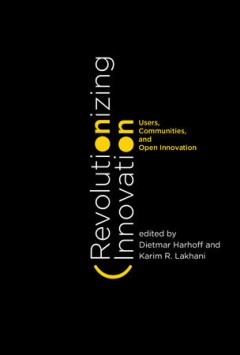
Revolutionizing innovation :users, communities, and open innovation
The last two decades have witnessed an extraordinary growth of new models of managing and organizing the innovation process that emphasizes users over producers. Large parts of the knowledge economy now routinely rely on users, communities, and open innovation approaches to solve important technological and organizational problems. This view of innovation, pioneered by the economist Eric von Hi…
- Edition
- -
- ISBN/ISSN
- 9780262331524
- Collation
- 1 online resource (xv, 577 pages) :illustrations
- Series Title
- -
- Call Number
- -
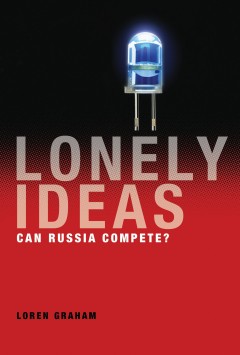
Lonely Ideas: Can Russia Compete?
When have you gone into an electronics store, picked up a desirable gadget, and found that it was labeled "Made in Russia"? Probably never. Russia, despite its epic intellectual achievements in music, literature, art, and pure science, is a negligible presence in world technology. Despite its current leaders' ambitions to create a knowledge economy, Russia is economically dependent on gas and o…
- Edition
- -
- ISBN/ISSN
- 9781461942979
- Collation
- 1 online resource (xi, 204 pages)
- Series Title
- -
- Call Number
- -
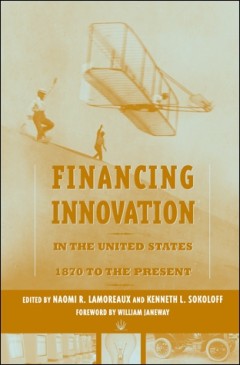
Financing Innovation in the United States, 1870 to Present
Leading economists and economic historians offer case studies and theoretical perspectives that fill a longstanding gap in the existing literature on technology-driven industrial development, discussing the interaction of finance and technological innovat.OCLC-licensed vendor bibliographic record.
- Edition
- -
- ISBN/ISSN
- 9780262277884
- Collation
- 1 online resource (1 volume)
- Series Title
- -
- Call Number
- -

Evolving households :the imprint of technology on life
The transformative effect of technological change on households and culture, seen from a macroeconomic perspective through simple economic models.In Evolving Households, Jeremy Greenwood argues that technological progress has had as significant an effect on households as it had on industry. Taking a macroeconomic perspective, Greenwood develops simple economic models to study such phenomena as …
- Edition
- -
- ISBN/ISSN
- 9780262350853
- Collation
- 1 online resource (xiv, 315 pages)
- Series Title
- -
- Call Number
- -
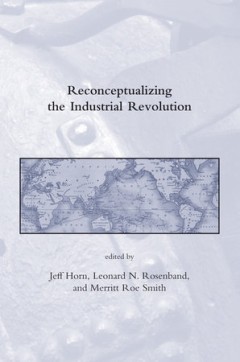
Reconceptualizing the Industrial Revolution
Closely linked essays examine distinctive national patterns of industrialization.This collection of essays offers new perspectives on the Industrial Revolution as a global phenomenon. The fifteen contributors go beyond the longstanding view of industrialization as a linear process marked by discrete stages. Instead, they examine a lengthy and creative period in the history of industrialization,…
- Edition
- -
- ISBN/ISSN
- 9780262289504
- Collation
- 1 online resource (vi, 356 pages).
- Series Title
- -
- Call Number
- -
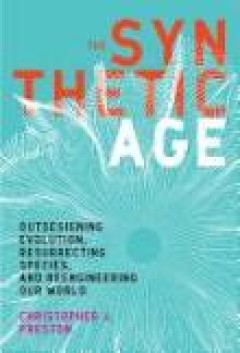
The synthetic age :outdesigning evolution, resurrecting species, and reengine…
Imagining a future in which humans fundamentally reshape the natural world using nanotechnology, synthetic biology, de-extinction, and climate engineering. We have all heard that there are no longer any places left on Earth untouched by humans. The significance of this goes beyond statistics documenting melting glaciers and shrinking species counts. It signals a new geological epoch. In The Syn…
- Edition
- -
- ISBN/ISSN
- 9780262345293
- Collation
- 1 online resource (224 pages)
- Series Title
- -
- Call Number
- -
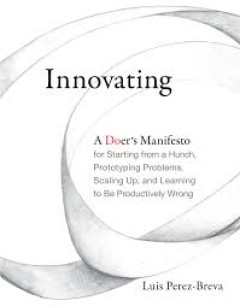
Innovating :a doer's manifesto for starting from a hunch, prototyping problem…
Innovation is the subject of countless books and courses, but there's very little out there about how you actually innovate. Innovation and entrepreneurship are not one and the same, although aspiring innovators often think of them that way. They are told to get an idea and a team and to build a show-and-tell for potential investors. In Innovating, Luis Perez-Breva describes another approach --…
- Edition
- -
- ISBN/ISSN
- 9780262336680
- Collation
- 1 online resource (xxv, 396 pages) :illustrations
- Series Title
- -
- Call Number
- -

Humanity's end: Why we should reject radical enhancement
"A Bradford book."""Arguments against radical enhancement have too often in the past been characterized by irrationalism and mysticism. Nicholas Agar presents the first cogent case for the rationality of opposing radical enhancement. Moving easily between science and philosophy, he argues for a species-relative conception of valuable experiences, according to which we have a strong reason to re…
- Edition
- -
- ISBN/ISSN
- 9780262289122
- Collation
- 1 online resource (viii, 219 pages).
- Series Title
- -
- Call Number
- -
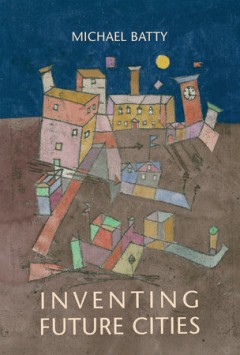
Inventing future cities
How we can invent--but not predict--the future of cities. We cannot predict future cities, but we can invent them. Cities are largely unpredictable because they are complex systems that are more like organisms than machines. Neither the laws of economics nor the laws of mechanics apply; cities are the product of countless individual and collective decisions that do not conform to any grand plan…
- Edition
- -
- ISBN/ISSN
- 9780262349895
- Collation
- 1 online resource (304 pages).
- Series Title
- -
- Call Number
- -
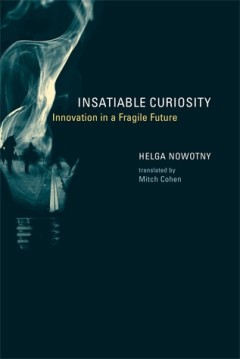
Insatiable Curiosity: Innovation in a Fragile Future
An influential scholar in science studies argues that innovation tames the insatiable and limitless curiosity driving science, and that society's acute ambivalence about this is an inevitable legacy of modernity.Curiosity is the main driving force behind scientific activity. Scientific curiosity, insatiable in its explorations, does not know what it will find, or where it will lead. Science nee…
- Edition
- -
- ISBN/ISSN
- -
- Collation
- 1 online resource (179 pages).
- Series Title
- -
- Call Number
- -
 Computer Science, Information & General Works
Computer Science, Information & General Works  Philosophy & Psychology
Philosophy & Psychology  Religion
Religion  Social Sciences
Social Sciences  Language
Language  Pure Science
Pure Science  Applied Sciences
Applied Sciences  Art & Recreation
Art & Recreation  Literature
Literature  History & Geography
History & Geography